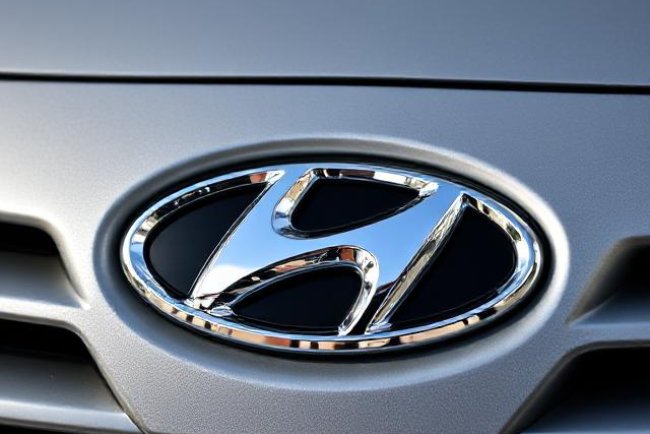EU Deforestation Law Faces Pushback from Member States
The EU’s deforestation law, set for enforcement in 2025, faces pushback from 11 member states over compliance burdens. The debate reflects the challenge of balancing environmental goals with trade and administrative concerns.

A group of 11 European Union member countries is urging the European Commission to delay and weaken upcoming deforestation regulations set to take effect in December 2025.
The law aims to reduce the EU’s contribution to global deforestation—approximately 10%—caused by its consumption of imported commodities like soy, beef, palm oil, cocoa, and coffee. It obliges companies to submit due diligence statements confirming that products do not contribute to deforestation, with similar requirements for EU exports. Non-compliance could lead to penalties of up to 4% of EU turnover in member states. The law also requires companies to collect geolocation data for the origin of raw materials and maintain compliance documentation for five years.
The 11 opposing countries, including Italy, Sweden, and Poland, argue that the law could place an excessive burden on small and medium-sized enterprises (SMEs) and affect trade with high-risk countries. They are asking for a delay in implementation and a softening of certain clauses. These nations express concerns that companies and authorities alike are not fully prepared to comply with the technological and procedural demands of the regulation.
Environmental organizations have criticized the pushback, warning that any delay could undermine global climate and biodiversity goals. The EU law is one of the most ambitious international legislative efforts aimed at combating global deforestation and making supply chains more transparent and sustainable.
According to the European Commission, the regulation remains on schedule. Companies importing products into the EU must begin submitting due diligence declarations from December 30, 2024, and enforcement for large enterprises begins six months later, followed by smaller businesses.
Conclusion:
The EU’s deforestation regulation represents a significant step in promoting global environmental responsibility through trade controls. However, internal opposition from member states underscores the challenges of aligning environmental goals with economic and administrative feasibility. The outcome of this debate will likely set a precedent for future environmental legislation in the bloc.
Source:
Outlook Business


















